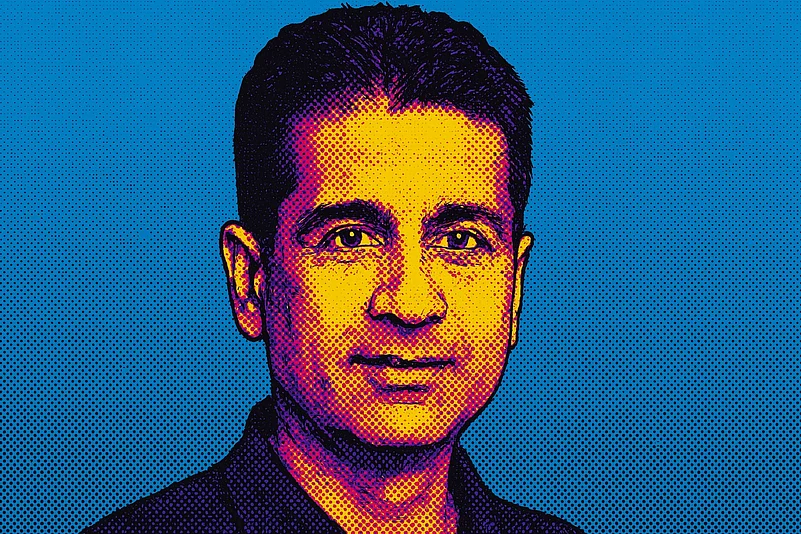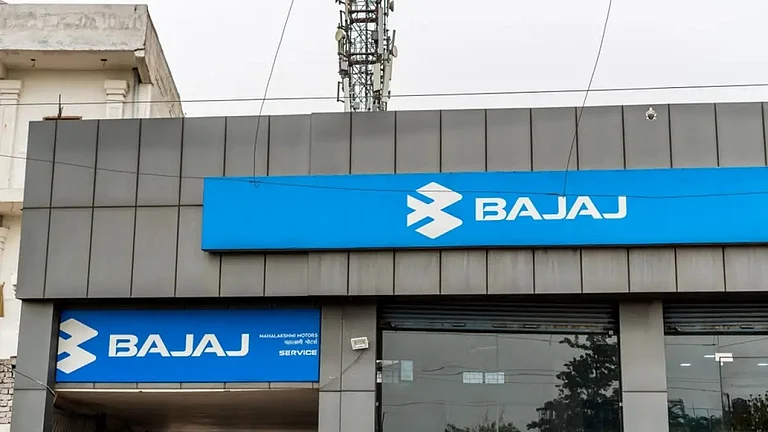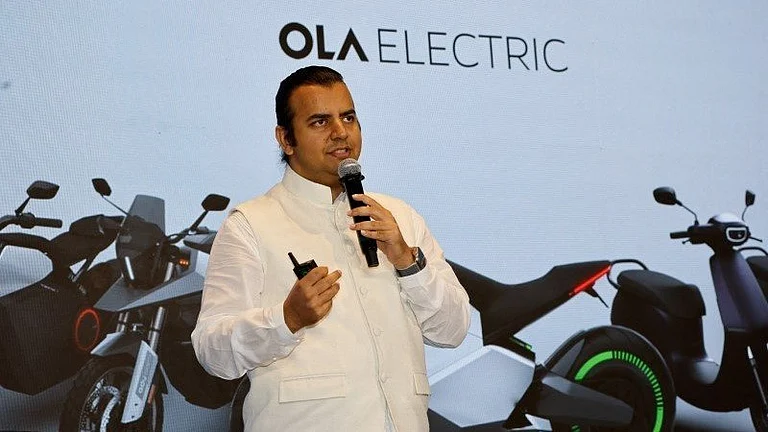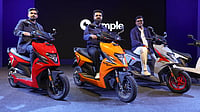“You know what champions eat for breakfast? OATS.”
That was Rajiv Bajaj, managing director of Bajaj Auto, taking a jab at India’s electric-vehicle (EV) start-ups in October 2021.
While the company celebrated 20 years of the Pulsar brand in India, Bajaj used the moment to draw a clear line between veterans and upstarts in the market.
‘OATS’ Bajaj explained, referred to Ola Electric, Ather Energy, Tork Motors and SmartE, the four companies making waves in the country’s nascent EV industry.
Bajaj not only mocked their “cash burn model”, he also predicted that legacy auto makers would gain the upper hand in the long run.
At the time, Ola Electric had just launched its first electric two-wheeler. Making sales records on the back of favourable customer response and government incentives, the company was brimming with confidence.
At the other end was Ather, which had entered the EV market as early as 2016, and had already laid out aggressive expansion plans. The Bengaluru-based company had committed ₹130 crore to ramp up its scooter-production capacity from 1 lakh to 5 lakh at its Hosur plant. Confident about the future of electric mobility in the country, Ather was looking to expand its footprint and launch new products.
However, the past four years have tested both Ola and Ather, as legacy players like Bajaj and TVS stepped up competition in the evolving EV market.
Ola Electric, which had a modest market share of 6.37% in financial year 2022, rose to become the top electric two-wheeler seller in financial year 2023 and managed to hold on to its lead in subsequent years.
However, the company's dominance started to erode as Bajaj Auto and TVS entered the picture. From market shares of 2.8% and 3.73% respectively in financial year 2022, the two legacy players now command over 20% each in financial year 2025.
On the other hand, Ather has struggled to expand its market presence and continues to hover around 10–11%.
Both start-ups also came under scrutiny following deadly vehicle battery fires that raised questions around safety. Despite this, Ola and Ather were among the first in India’s EV sector to be publicly listed.
As for the other two companies of the OATS group—Tork Motors and SmartE—the past few years have been even more challenging. While Tork is now practically non-operational, SmartE managed to reinvent itself after the Covid-19 pandemic.
Policy Shocks
Once backed by marquee investors such as Bharat Forge and Ratan Tata, electric motorcycle manufacturer Tork Motors is now struggling to stay afloat. The company, last valued at about $45mn, tried to raise funds twice but failed. Fundraising challenges came amid a broader industry slowdown, with policy changes and dwindling EV sales weighing on investor sentiment. EV start-up funding had declined from $1.9bn in financial year 2023 to almost half at $1bn in financial year 2024, shows data platform Tracxn.
Experts are of the opinion that a steep cut in subsidies for electric two-wheelers in 2023 was the trigger for Tork’s downfall. Under its Fame-II scheme, the Centre slashed incentives for two-wheelers from ₹15,000 per kilowatt hour (kWh) to ₹10,000 kWh of battery capacity. The maximum incentive for a vehicle was also capped at 15% of its ex-factory price, a steep decline from 40% earlier.
This policy change took a toll on the sales of Tork’s Kratos motorcycles. According to the road transport ministry’s Vahan portal, the company posted a sale of only 45 units in June 2023, the month Fame-II was revised, from 200 units in the previous month. At the same time, the company’s losses mounted from ₹8.34 crore in financial year 2022 to about ₹48 crore in financial year 2023.
Fulfilling customer orders emerged as another challenge. Although the company received 925 bookings for the Kratos in financial year 2023, it managed to deliver only half that number—493 units—in the same period.
“It's basically a victim of the funding freeze and the impact of the Fame subsidy norms,” Amit Kalyani, vice-chairman and joint managing director, Bharat Forge had said in an investor meet in July 2024, speaking about the impairment of the company’s ₹151 crore investment in Tork.
Dropping sales, mounting losses and failed attempts of fundraising resulted in layoffs in the company. By financial year 2025, Tork had sold just 200 units, a sharp decline from 2,155 units in the previous financial year, shows Vahan data.
While customers are now facing servicing issues, Tork dealerships have either closed or shifted to other brands.
“They [Tork] stopped shipping vehicles last year. We are now selling Royal Enfields,” said a dealership manager in South Delhi.
Strategic Pivot
Unlike Tork, the story of SmartE is one of resilience. Founded in 2014 as a fleet operator in the three-wheeler space, the company faced a major setback when the Covid-19 pandemic struck, which nearly crippled its business built around last-mile connectivity.
Before the pandemic, SmartE operated around 1,500 electric three-wheelers in the Delhi-NCR region, ferrying about 1 lakh commuters every day.
The company had plans to expand to other cities but the pandemic changed all that. The drivers, most of them migrants, returned to their villages and commuters were locked indoors as work-from-home kicked off.
“We took a hit of about ₹50–60 crore in two years [of the pandemic],” says cofounder Palash Roy Chowdhury.
The primary users of the company’s fleet were people working for IT companies in Noida and Gurgaon. Even as travel restrictions lifted, many continued to work from home, a policy that stayed on long after other curbs were relaxed.
The plan of restarting the fleet business was thus set aside. Instead, SmartE decided to leverage the 25 charging and parking hubs it had created for its fleet before the pandemic.
The Mitsui-backed company scaled and leased out the hubs in the Delhi-NCR region to third-party operators. What started as a stopgap measure gradually turned into its core business model.
“Over time we realised that the infrastructure business is stable as it did not require too much asset,” says Chowdhury. “Hence, we decided that it was something that the company needs to focus on.”
As SmartE’s EV infra business now stabilises in Delhi-NCR, it is eying opportunities in nearby states such as Uttar Pradesh, Haryana and Punjab.
The company currently operates 30 charge-and-park hubs and plans to expand the network to 50 by next year.
“Charles Darwin said it is not the most intelligent or the strongest of the species that survive, but the ones who are most adaptive to change,” Rajiv Bajaj had said at the 2021 event. SmartE, it seems, took that message to heart.





























